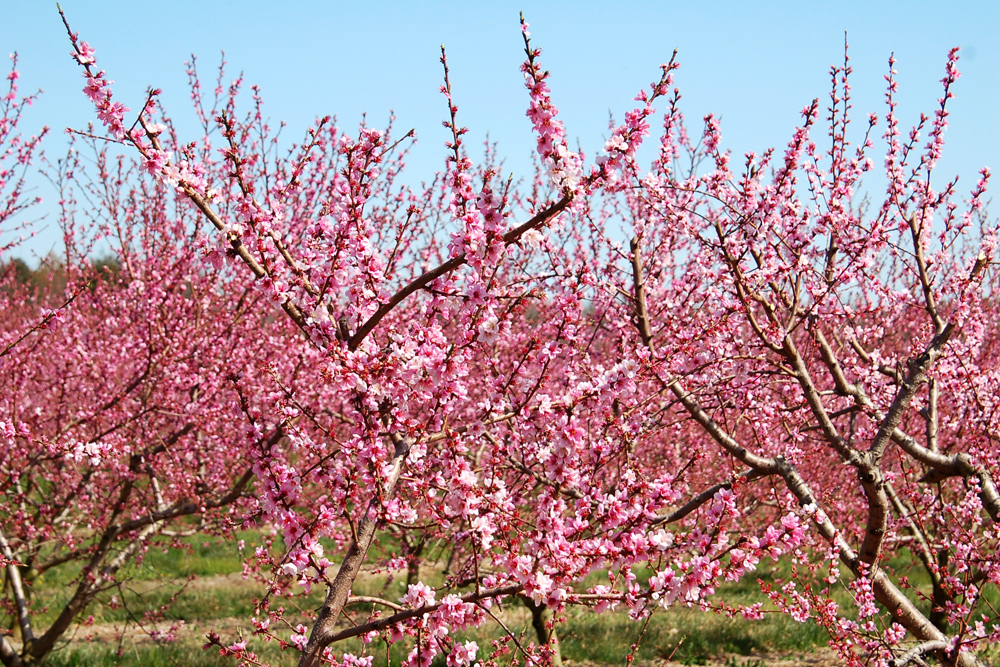No Wonder Your Allergy Meds Aren’t Working
A nutrient deficiency or gene mutation could explain your severe seasonal allergies

Drug companies target histamine to relieve your seasonal allergies. Histamine is the jackpot! They want to make loads of money on your allergies so that they can buy their families all the organic, gluten-free food in the world! OK, maybe not, but they do have something going for them when it comes to histamine.
Histamine is a big deal both in conventional and naturopathic medicine because he is “the guy” to point your fingers at for those annoying seasonal allergies. Your immune system responds to inhaled allergens by releasing histamine. Histamine triggers the inflammation that results in your drippy nose, itchy eyes, scratchy skin, sinus congestion, and postnasal drip. In the lungs, histamine constricts the airways.
An MD and an ND both want to get rid of your histamine, so they have the same goal, but they go at it differently.
Most conventional treatments for eliminating histamine induced symptoms revolve around anti-histamine drugs. These drugs bind to histamine receptors, thus preventing histamine from binding to its effector cells. If histamine doesn’t bind to its effector cell, than that effector cell won’t jack up your allergies.
In naturopathic medicine, we’re always hunting around the system with our specs, trying to see what we can do to make the histamine not happen in the first place or find a way to get rid of it once it’s made.
A lot of naturopathic therapeutics focus on minimizing the production and release of histamine. That can work miracles for many people. However, some people can’t break histamine down efficiently. When this happens, you get a histamine traffic back-up that looks like I-5 in Seattle at 8am. Too many cars jamming the highway, so no one is getting anywhere. If you’re not effectively breaking down histamine, it will build up in your body, cause allergy symptoms, and make it difficult for conventional allergy medicine to work.
The histamine breakdown pathway can be dysfunctional for two main reasons:
1. A Nutrient Deficiency
Nutrients are required as co-factors in the systematic reaction pathways that breakdown histamine. If you are deficient in a certain nutrient like B5, you can clog your histamine breakdown pathways. Your body may be making normal amounts of histamine, but it’s not able to get rid of it, so then you get “allergies”.
2. A Genetic Mutation
Several biochemical steps are needed to break down histamine through a variety of pathways. These “biochemical steps” require enzymes or they won’t work. Some people have genetic mutations in the enzymes involved in histamine breakdown. These mutations could also cause a huge histamine traffic back-up.
Below are four genetic enzyme mutations that could be impairing your body’s ability to breakdown histamine:
1. HNMT mutations
2. DAO mutations
3. MAO mutations
4. MTHFR mutations
The most important enzymes for histamine breakdown in the body are HNMT and DAO. They do most of the work.
What gets even trickier is that you could have a nutrient deficiency on top of several genetic mutations, which could be skyrocketing your histamine levels, thus making you feel absolutely miserable.
If your body can’t clear histamine, you will always have really bad seasonal allergies.
A huge thanks to Dr. Paul Anderson, ND and Dr. Benjamin Lynch, ND for helping me understand the genetic mutations and molecular pathways involved in histamine breakdown.
Enjoy More Archerfriendliness
Equisetum arvense, otherwise known as horsetail, is a very special plant because it's considered a living fossil. It's the only living survivor of the Sphenopsida plant class. Horsetail's pl...
Dear Wendy's Eating College Guy, Your friends from high school called you "Frodo", but I think you're cuter than Elijah Wood and I really like your skinny legs. Your ability to play Ghost with...
Kale. Broccoli. Cabbage. Brussels sprouts. The beloved veggies your mama made you eat. Must be something good in these cruciferous vegetables that belong to the Brassicaceae plant family (bra...








Pam Williams
March 19th, 2014 at 2:00 pm
Brian has developed horrible allergies since college and I suspect it may stem from a poor diet. Do the mutations appear to cause trouble all of one’s life? Obviously he should eat better but what else could he do besides taking allergy medicine?
Reply